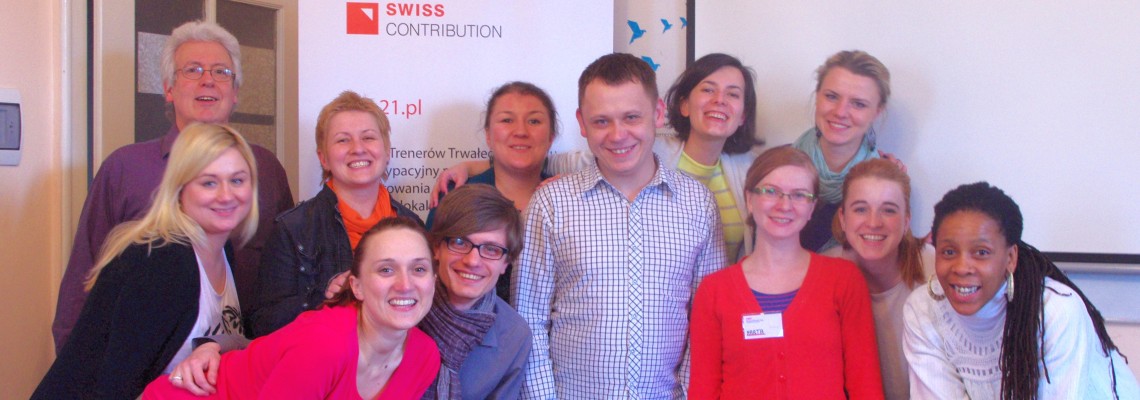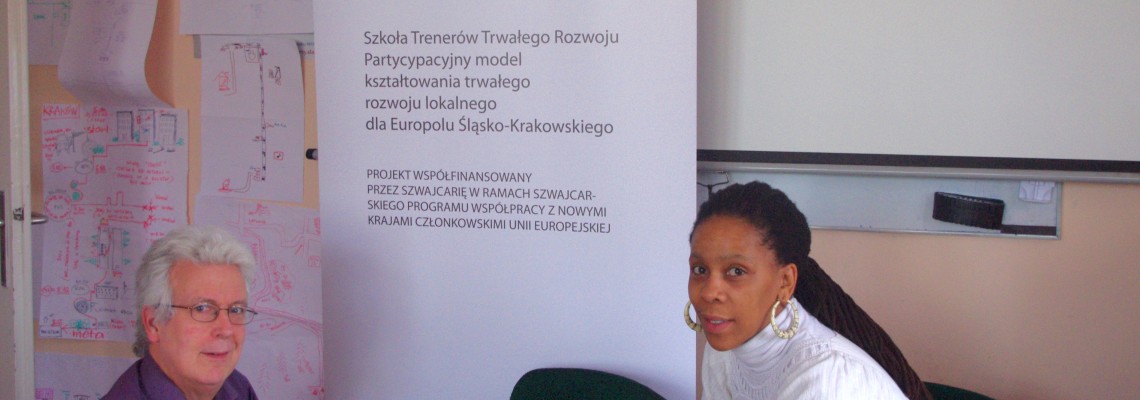Funded under the Swiss Block Grant, Mapping for Change in collaboration with the Centre for Training and Personal Development MERITUM, the Cultural Authority City of Gardens and Highways 4 Elements carried out a two year training programme in the Silesia region of Poland.
The project set out to increase the participation of citizens in shaping local policy created in the Silesian-Cracow Europol.
Our Role
Mapping for Change were commissioned to train forty-two trainers and coaches in sustainable development of the area outlined in the Development Strategy for the South Polish region. Mapping for Change equipped trainers with the ability to not only train others, but also to run engaging workshops across the community.
Impact
Mapping for Change developed a Polish version of their interactive Community Maps platform and trained participants enrolled in the programme in how to utilise a range of participatory mapping methodologies. The information collected during the mapping process formed the basis for developing written recommendations to take concrete actions for change in local communities and that aim to enable people to feed into local plans for sustainable development.
Community Maps allowed citizens to take action about problems which affected them in their local area, including dog fowling.
Related Projects
Active CiTizenship and Social Housing (ACtS)
As part of the European Commission’s Lifelong Learning Programme, Mapping for Change were chosen to represent the UK in a learning exchange project with the University of Udine (Italy) and the University of Oulu (Finland).
MyAccessible.EU
MyAccessible.EU is a three year research project funded by the European Commission. It aims to make cities’ built environment more accessible for disabled and older people by challenging social attitudes, raising awareness and delivering assistive mobile applications. These mobile applications will provide tools for collectively gathering and sharing information about accessibility of public spaces.
WeGovNow
WeGovNow is a three year research and innovation project focusing on civic participation in local government. It aims to change the relationship between citizens and local governments, transforming the citizen’s role from customer into partner. This is to be achieved with the development of a single community engagement platform, where citizens can interact with their governments and participate in local decision-making.

